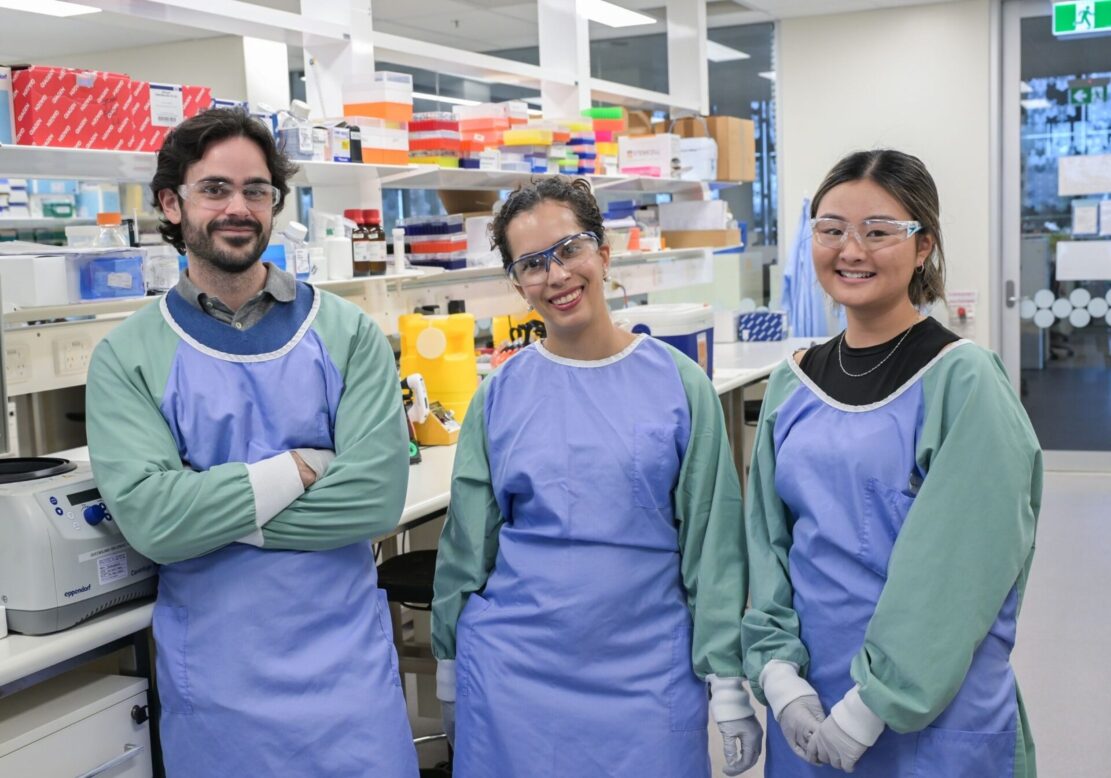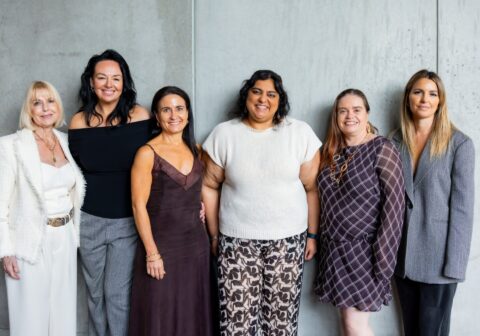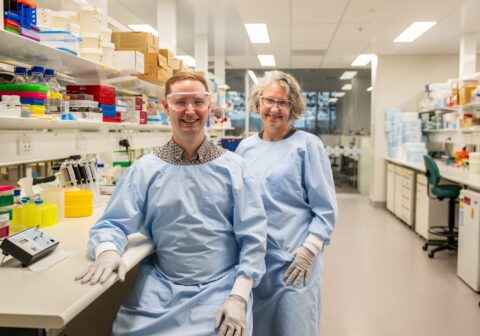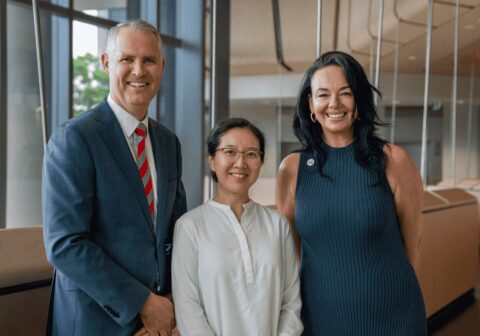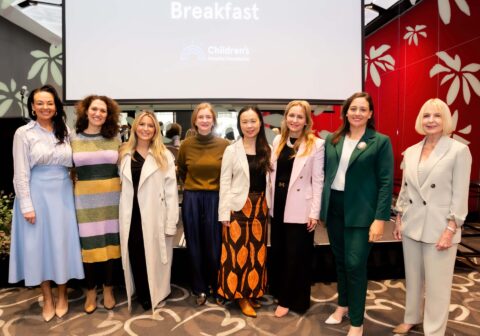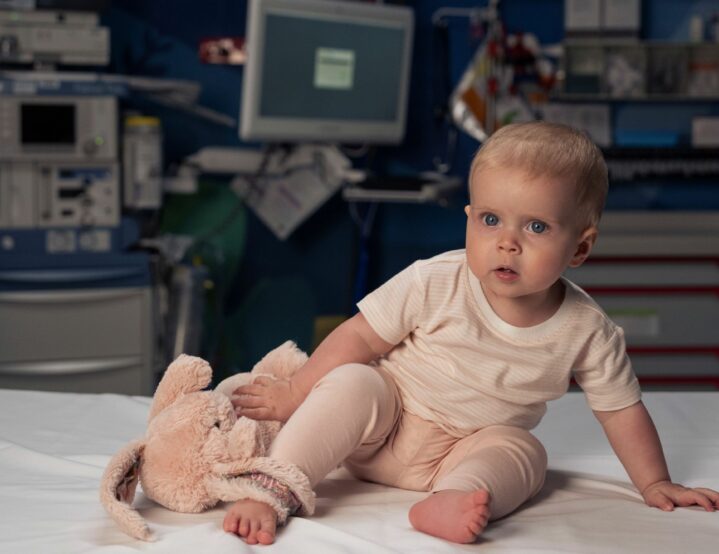The Ian Frazer Centre for Children’s Immunotherapy Research started as an ambitious vision to rewrite the story for children with cancer. Today, it continues to make meaningful strides to rewrite the story for children with cancer.
Childhood cancers are among the most difficult to treat – and often traditional therapies are simply not enough.
The Ian Frazer Centre for Children’s Immunotherapy Research – named after world-renowned scientist Professor Ian Frazer – is dedicated to exploring how immunotherapy can revolutionise the way we approach childhood cancer treatment.
“At the Ian Frazer Centre, we’re tackling this challenge head-on – using cutting-edge immunotherapy and precision science to understand these cancers and harness the body’s own immune system to fight them,” Professor Frazer said.
Over the past year, the team has been focused on three key areas to ensure children can access safer, smarter and more targeted treatments.
Building the Paediatric Immune Cell Atlas (PICA)
Developing effective treatments for children can be difficult when there is a limited understanding of how the immune system develops and functions.
At the Ian Frazer Centre, their Paediatric Immune Cell Atlas (PICA) project looks to change that through building a reference database of immune cells from both ‘healthy’ children and those with immune-related conditions.
Since 2024, the team have collected samples from over 130 ‘healthy’ children and over 25 children with immune-related diseases. The goal is to reach 200 samples before the end of 2025.
Through single-cell RNA sequencing, PICA will map immune cells at different developmental stages – building a “healthy reference”. This reference will help:
- Detect immune-related diseases earlier
- Compare patient samples against healthy profiles
- Guide more effective and tailored treatments.
A world-first cancer vaccine
Thanks to people like you, the Ian Frazer Centre for Children’s Immunotherapy Research aims to be the first in Australia to develop and deliver clinical trials of novel cancer vaccines using mRNA technology through their Personalised Immunity-Guided Cancer Vaccine (PICVac) project.
Designed using information from both the child’s tumour and their immune system, these vaccines will be tailored to the individual child.
Over the past 12 months, the PICVac project has seen the successful development of patient-derived tumour cells – or lab-grown cells taken directly from children’s tumour tissues.
These cells are now being cultured in 3D systems that better mimic the real environment inside the body, allowing researchers to study how immune cells interact with the tumour in realistic conditions.
Another recent breakthrough has been the creation of humanised mouse models or “avatars” that are engineered to carry a child’s unique immune system and tumour cells.
Through these personalised “avatars”, researchers can test vaccine responses and therapies in a highly personalised way – bringing the Ian Frazer Centre another step closer to a successful vaccine.
Harnessing the power of AI
Looking to the next frontier of medical science, the team at the Ian Frazer Centre are progressing better treatments through two AI-driven projects that enhance cancer diagnosis and monitoring in children.
The first project looks at identifying cancer cells across diagnosis and relapse, while the second project analyses the immune system’s response to cancer.
With the view to integrate these AI models into clinical practice, the projects have the potential to offer quicker and more precise diagnostics than current models.
Hope for the next family
Real change and meaningful outcomes at the Ian Frazer Centre for Children’s Immunotherapy Research are only possible thanks to our incredible community.
With philanthropy, we can push boundaries. We can bring hope to the next child diagnosed and the next family searching for answers.
A special thank you to some of our significant ongoing supporters – Garry Whyte Sea Angel PAF, Mills Family Foundation, Talbot Foundation, Edwards Foundation, Goldburg Family Foundation, Tour de Cure, John and Robynne Siemon and Michael Noakes. To many more generous individuals who have contributed to this incredible work, we are also deeply grateful.
Because of you, the Ian Frazer Centre can continue to make vital progress for children with cancer.
To find out more about the Ian Frazer Centre for Children’s Immunotherapy Research, head here.
